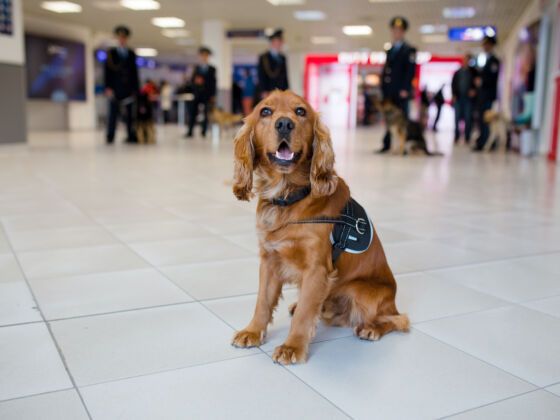This is a resource page. We will update it as more information becomes available.
GOING THROUGH AIRPORT SECURITY SUCKS. It’s one of those many, tiny indignities we must go through when we travel, and usually, it’s just a boring, mildly unpleasant obstacle to our travel. But sometimes, we get pulled aside, and we get searched. Usually, this is not remotely illegal, and it is not designed to degrade us — it is merely a measure that is nominally done for our own protection.
But sometimes, the Transportation Security Administration (TSA) TSA can cross the line, by searching you in an inappropriate way or by racially profiling you. And before you go to the airport, you should know your rights. Here’s a quick breakdown of what you need to know.
Note: This guide is for American citizens traveling within the US. The rules change from country to country, and foreign people traveling in the United States may have access to fewer rights than an American citizen.
